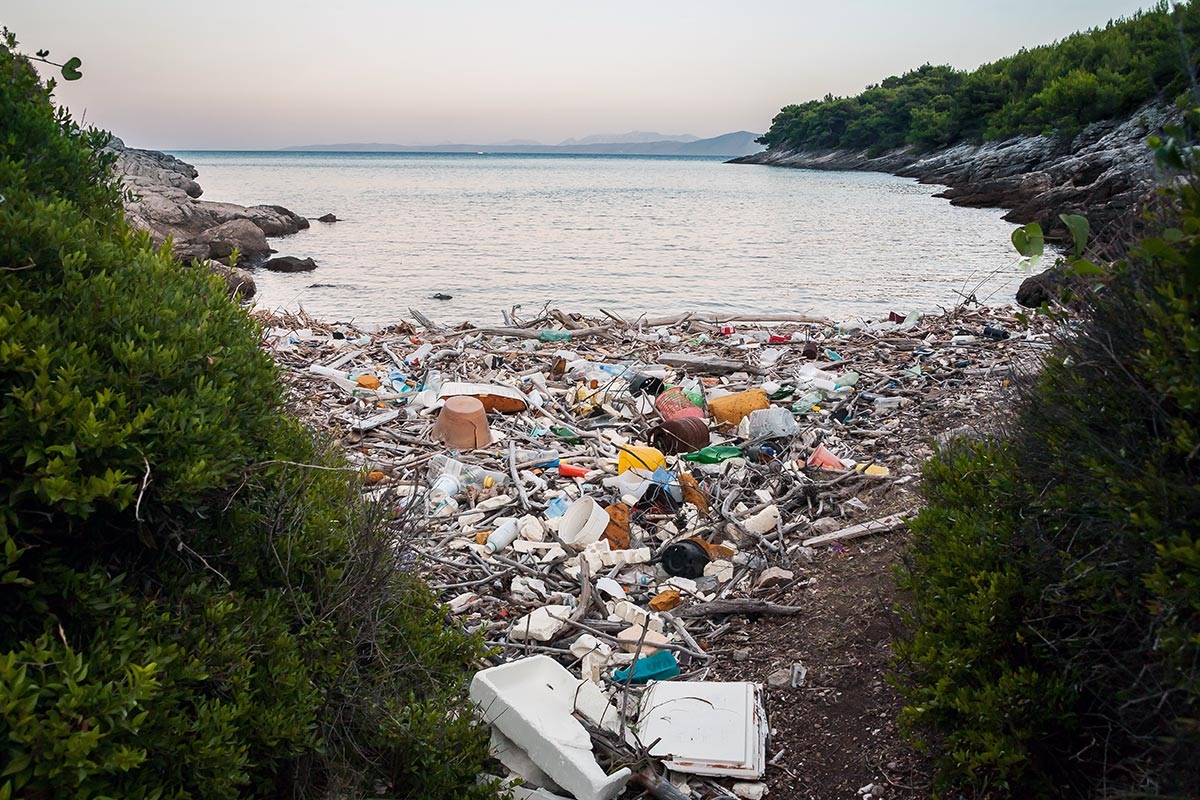- Research Field
- Polar Environmental
- Climate Change
- Atmospheric Particulate Matter
- Ecology & Biological Resources
- Severe Weather
- Crust-Mantle
- Earth & Environmental Data
- Geohazards
- Ocean Environmental Change
- Environmental Pollution
Environmental Pollution
Global environmental systems including the atmosphere, geosphere, and hydrosphere are exposed to various pollutants (e.g., nutrients, heavy metals, radioactive elements, persistent organic pollutants, and gases) from increased human activities. Our group aims to understand the production, transport, and removal of these pollutants in the environment and evaluate their impact on the ecosystem and on climate change.
Earth’s environmental pollution is not limited to a specific place. Pollutants originate mainly on land where human activity is concentrated but spread to the oceans via the atmosphere, rivers, and groundwater. Our students study the basic chemical processes and ecological responses in the atmosphere, rivers, oceans, and groundwater through courses such as Chemical Oceanography, Hydrogeology, Atmospheric Chemistry, Tracer Chemistry, and Marine Ecosystems. Building on that, the environmental processes including the fate, behavior, transport, and ecosystem responses of pollutants in the Earth’s different reservoirs are addressed in courses such as Advanced Environmental Chemistry, Atmospheric Pollution, Marine Pollution, and Environmental Chemistry.
This curriculum is designed to foster a holistic understanding of pollutants in the environment that will enable the students to investigate the environmental pollution problem more creatively and comprehensively. We anticipate that this will give the students a leading edge in their career paths.










